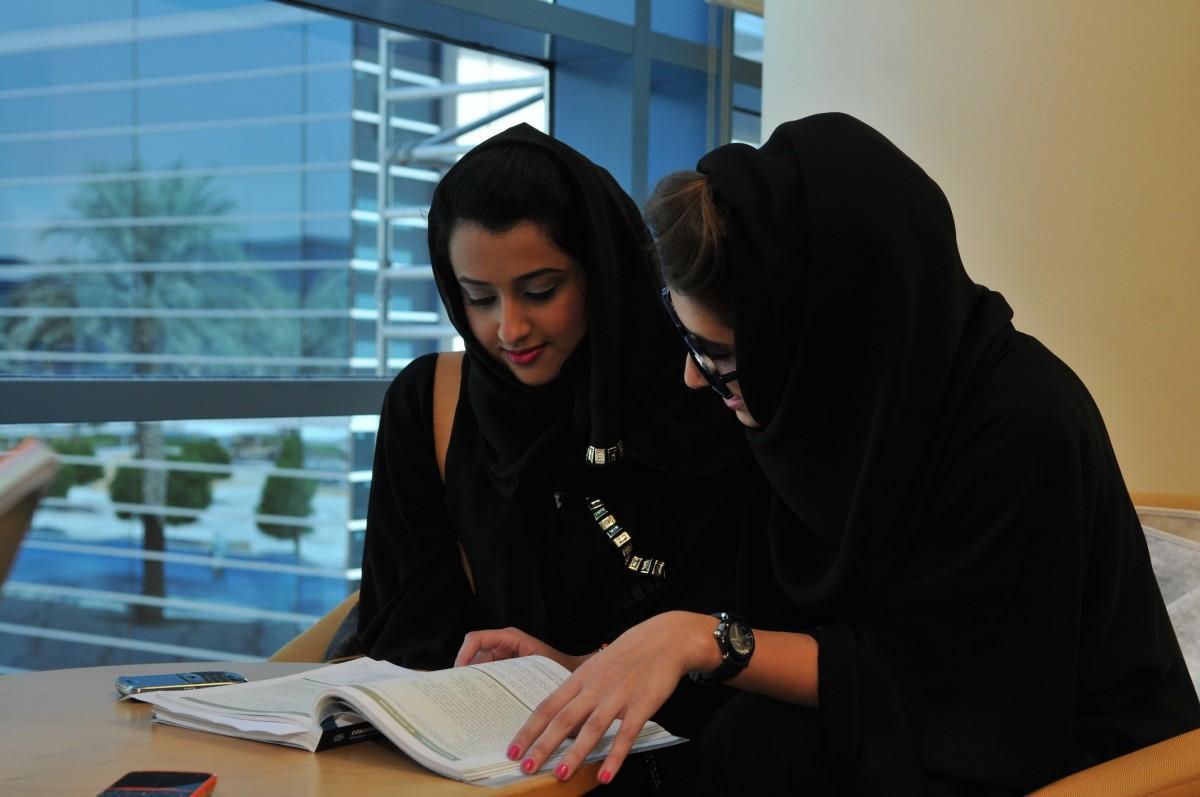Today Arabic is spoken by more than 300 million people around the world. It's also the official language of the 22 Arab League nations and one of the 6 official languages used at the United Nations. So why should you learn Arabic? What can learning Arabic bring you in terms of your academic progress? Will learning Arabic help you find a better job? Will it open doors to new professional opportunities around the world? What are the real benefits of speaking this ancient language in the worlds of business, tourism, and science? From a cultural point of view, Arabic has made great contributions not only to Middle Eastern culture, but also to our own. By deciding to learn Arabic, whether its an 'Arabic for beginners' class in school, or through private or even online lessons, there are a number of advantages to speaking this language:
- It's the primary language spoken in the Arab world, and is the second language learned by all Muslims.
- It's the official language of more than 20 countries.
- It opens doors to Arab and Islamic culture.
- The opportunity to discover a formidable heritage of religious thinking, architecture, science, and philosophy that has inspired a number of civilizations in the Middle East and the West.
Speaking Arabic will help you open your eyes to the world, to develop interpersonal skills, and to indulge your intellectual curiosity. It will also help you stand out from your academic peers and perhaps help you find a job that is truly interesting and desirable. What's more, it studying Arabic couldn't be easier. You can learn Arabic online, take an Arabic course at a local language school, or find a tutor on the Superprof website who can teach you how to speak Arabic, as well as how to master Arabic script and its grammatical structures. So, are you ready to make a difference in your academic career by learning the Arabic language? We're here to offer you some advice to get you started. After reading this article, you'll have everything you need to start taking Arabic lessons.

Learning Arabic as a Second Language
Even as it's become trendy to learn lesser-known and notoriously difficult foreign languages such as Chinese, Korean, or Japanese, enrolling in Arabic classes at a young age can prove to be a serious advantage later on in life. It will depend on your goals, your interests, and your ability to work hard and especially to concentrate, but learning to read Arabic will definitely pay off in the long run. For those of you wanting to work in international business or tourism, Arabic can open the door to new horizons. The Arab world is very large and includes a number of important countries in the realms of economics, finance, and geo-politics, such as Algeria, Egypt, Tunisia, Morocco, the United Arab Emirates, Kuwait, Qatar, Iran, Iraq, Saudi Arabia, among others. These countries are in a state of constant evolution. Learning Arabic through traditional classes, private Arabic lessons, or online Arabic courses will be an undeniable advantage, operating like a passport to jobs in the future. Two Pieces of Advice for Learning Arabic If there's one piece of advice to follow, and if your goal is to work anywhere in the world where Arabic is the dominant language, don't hesitate for a second more! Take Arabic as a foreign language classes when you're younger, so you can reach an even higher level before you finish your formal education. Check for an online Arabic course you can take. 
- Its alphabet uses 28 letters that change according to their place within words.
- It's read from right to left.
- There are fewer vowels.
- It has a particular syntax that applies to a strict word order: verb, subject, complement.
- Certain sounds are difficult to reproduce and so it's important to pay attention to gestures, facial expressions, and voice intonation during a conversation.
Developing Your Listening and Concentration Skills in your Arabic Lessons
The Arabic language is one of the most widely spoken internationally. But if want to learn this unique language, you'll need to become an excellent listener, meaning not only will you need to learn the Arabic alphabet and learn some basics of Arabic calligraphy, you'll also need to train your ear to hear these new sounds in Arabic, on a continually regular basis. Discover some of the best Arabic classes Sydney here. 
- Internet radio stations: when you're in the car, in traffic jams, on public transport, on foot, on a plane... there are lots of different radio stations broadcasting live.
- Arabic language documentary films: there are lots of stations that specialize in showing documentaries in Arabic, covering a variety of thematic subjects such as politics, nature, culture, and the arts.
- Arabic language audio books: these allow you to learn about Arab culture with novels, stories, scientific non-fiction, etc.
- Educational websites: they'll have lots of recorded discussions or dialogues between Arabic speaking experts in a variety of fields.
Why Learn Arabic: Make Yourself Stand Out in Your Professional Field
Few of your peers, in high school or university, will be able to develop such international experience during their studies. Few of them will have the chance to discover fantastic and mythical countries like Egypt, Jordan, and Lebanon, countries where the US and other Western countries have crucial interests (economic, financial, cultural, and religious). 
The Benefits of Learning Arabic: Learn About the World's Second Largest Religion
Islam is the most widespread religion in the Arab world and it's through the Quran that believers share in their faith. It serves as a prism through which many Arabs see the world. Learning about the Quran will both help you better understand Islam and learn more Arabic vocabulary through its rich text, which is the source of many ideologies in the Arab world. By deciding to learn Arabic, you'll be able to better understand ancient traditions, learn about Islamic beliefs, become a better intercultural communicator, and establish better and lasting relationships with Arabic speakers and Muslim populations. 
Summarise with AI:















